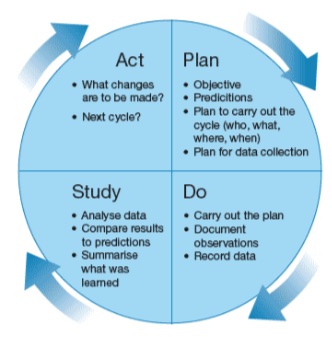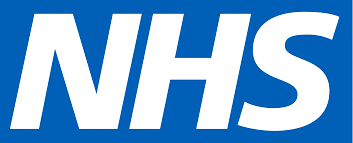SUMMIT STUDY (University College London)
In 2019 Ruston st clinic has enrolled to take part in the study run by UCLH for early detection of lung cancer. It is the largest ever lung cancer screening project in the UK.
The aim is to enrol 50,000 people in the age group of 50-77 yrs.
The at risk individual will get the standard low dose CT (LDCT) and there will be development of a blood test for early detection of cancers.
Eligible patients with significant smoking history will be offered a free lung check a respiratory health assessment and smoking cessation referral. With consent one group will received the LDCT and the ones with less significant smoking history will be offered the blood test.
Perspecitves on Suspected Cancer Referrals (Kings College London)
IN 2019 we are partaking in a focus group comprising of clinical and non clinical staff with a facilitator from KCL.
The research is looking at how practice organises and impact on the suspected cancer referral and quality improvement initiatives in this area.
The focus group is 45-60 minutes involving Gps, Practice manager, Nurse, HCA.
At Ruston St we have created a robust system of monitoring and tracking 2 week urgent cancer referrals and have the necessary fail safes in place.
View the Kings College London Professional Information Sheet
QI (Quality Improvement) is here at Ruston St Clinic
In 2018 we saw the inception of QI being adopted in looking at referral patterns of clinicians at Ruston St. We received referral data for our practice in comparison to the other practices in Tower Hamlets. Funnel plots would help us identify the area where we were outliers and it seemed to be ‘cardiology’ for us.
We then created a project on the Life QI website, and looked at cardiology referral patterns.
Overall the outcome of this project was to create a template that we can use prior to referring to cardiologist.
This could include getting investigations done first in community eg echo, 24 hr ecg, and then using RAS services to see if patient actually needs a cardiology opinion.
In 2019 this analysis on referral patterns will continue to optimise the patient pathway in the community prior to secondary care outpatient referrals.


